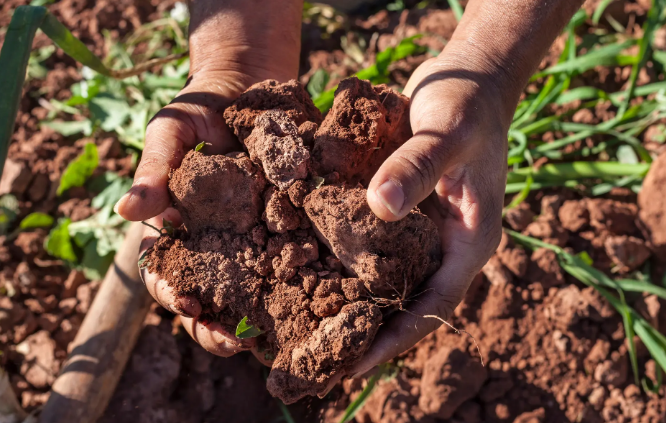As global temperatures continue to rise, so too does the toll on human health—this time, with growing concern over the gut. While the respiratory effects of climate change are well-documented, medical experts are now warning of a surge in gastrointestinal illnesses, driven by heat waves, water contamination, malnutrition, and disruption to the body’s delicate microbiome.
Health authorities have noted an uptick in conditions such as diarrheal disease, irritable bowel syndrome (IBS), intestinal infections, and even inflammatory bowel diseases like Crohn’s and ulcerative colitis. The causes are complex and multifaceted, but experts say the link between extreme heat and gut health is becoming increasingly difficult to ignore.
“Our bodies function best at a very narrow range of temperatures,” said Dr. Elena Litchman, a professor of aquatic ecology at Michigan State University. “When we exceed that range, stress hormones like cortisol increase, which can affect the immune and hormonal systems within the gut.”
Cortisol, the body’s principal stress hormone, interacts with cells in the digestive tract that manage immune response and nutrient absorption. Elevated cortisol can disrupt the gut microbiome—the trillions of bacteria and microbes that support digestion and immunity—leading to a condition known as dysbiosis.
High heat also directly weakens the intestinal lining, contributing to what researchers call “leaky gut,” in which microbes that should remain in the gut enter the bloodstream, increasing infection risk.
Beyond the human body, climate change is also reshaping the microbiomes of the natural world. As soil, water, and air warm, they foster the growth of harmful microbes such as Listeria, E. coli, and Shigella, which can enter the food chain. “In many developing regions, where people live closer to the land and water, these environmental microbiomes are a growing health hazard,” Litchman said.
Water contamination is another rising concern. Hotter temperatures increase pathogen concentration in water supplies, and flooding can introduce dangerous microbes like Rotavirus and Campylobacter into wells and groundwater—already a problem in both developing nations and rural parts of the U.S.
Climate change also alters global nutrition. Faster-growing crops often have reduced nutritional value, and higher carbon dioxide levels are lowering the protein, zinc, and iron content in staple grains such as rice and wheat. These deficiencies could leave millions at risk of malnutrition by mid-century.
“There’s a strong link between the diversity of our diet and the diversity of our gut microbiome,” said Dr. Eamonn Quigley of Houston Methodist Hospital. “And climate change is narrowing both.”
With no immediate solution in sight, experts warn that the impact of climate change on digestive health will only deepen—affecting not just the planet, but the very systems that keep our bodies functioning.









































